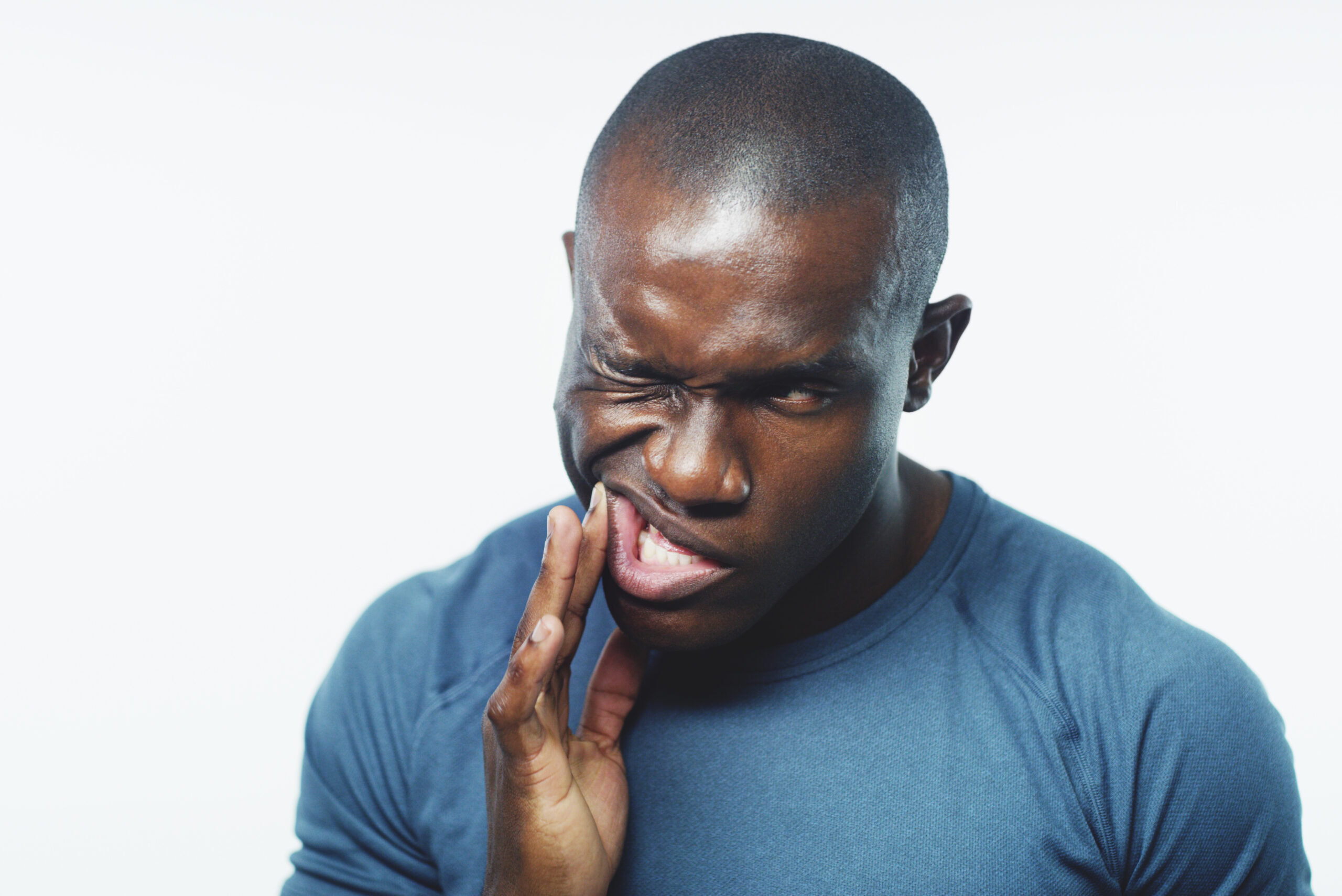Oral injuries can range from minor cuts and bruises to more severe trauma like knocked-out teeth or fractured jaws. Such injuries can occur during sports, accidents, or even everyday activities. Understanding what to expect and how to handle these situations can significantly impact recovery and overall oral health. At Pickett Family Dental in Keller, TX, we’re committed to providing you with the knowledge and care needed to manage oral injuries effectively.
Common Types of Oral Injuries
Oral injuries can manifest in various forms, each requiring specific attention and care. Here’s a breakdown of the most common types:
Tooth Fractures: These injuries can range from minor chips that only affect the cosmetic appearance to severe fractures that extend down to the root of the tooth. Common symptoms of tooth fractures include pain when chewing and heightened sensitivity to hot or cold temperatures. These symptoms necessitate prompt dental intervention to prevent further damage and alleviate pain.
Dislodged (Luxated) Teeth: In some cases, a tooth may be pushed sideways, out of, or into its socket. This type of injury requires immediate dental care to reposition and stabilize the tooth, ensuring it heals correctly and maintains functionality.
Knocked-Out (Avulsed) Teeth: Considered one of the most urgent dental emergencies, knocked-out teeth need to be addressed as soon as possible. If a tooth is knocked out, keeping it moist is crucial. Ideally, the tooth should be placed back into its socket without touching the root. If that isn’t possible, storing it in milk or a dental preservation kit is recommended until you can get professional care.
Soft Tissue Injuries: These involve cuts or tears to the lips, gums, tongue, or cheeks. Such injuries often lead to bleeding and may require careful cleaning along with sutures to promote proper healing. Immediate dental or medical treatment can help manage pain and prevent infections.
Jaw Fractures: Though less common, jaw fractures are among the more severe oral injuries. They typically result from significant trauma and require urgent medical attention. These fractures can affect alignment and the overall functionality of the mouth, making prompt and effective treatment critical.
Each of these injuries presents unique challenges and underscores the importance of quick and appropriate responses to prevent complications and ensure the best possible outcomes.

Immediate Steps to Take After an Oral Injury
1. Rinse with Salt Water: This helps clean the area and can reduce the risk of infection. Mix one teaspoon of salt in a cup of warm water and gently rinse your mouth.
2. Control Bleeding: Apply gentle pressure with a clean cloth or gauze. If bleeding does not stop, seek professional medical help.
3. Cold Compress: Apply a cold compress outside the cheek or lips over the injured area to reduce swelling and alleviate pain.
4. Avoid Aspirin for Pain Relief: Aspirin can increase bleeding. Opt for acetaminophen or consult your dentist or doctor for the appropriate medication.
5. Save any Broken Tooth Fragments: Rinse them and store them in a clean container. Bring them with you to the dentist.
When to See a Dentist
Immediate dental care is crucial, especially if you have:
- Knocked out a tooth
- Significant damage to your teeth or jaw
- Persistent bleeding or pain
- Exposed nerves or severe fractures
Even if the injury seems minor, it’s wise to get a professional evaluation to rule out potential complications like root damage or infection that are not immediately apparent.
Long-Term Care and Prevention
1. Follow-Up: After an initial emergency treatment, follow up with your dentist to ensure proper healing and to address any further dental needs, such as crowns or implants.
2. Wear a Mouthguard: Especially if you play sports or engage in activities that increase the risk of facial injuries. Custom-fitted mouthguards provide the best protection.
3. Regular Dental Check-Ups: Routine visits allow your dentist to monitor healing and catch any delayed complications early.
4. Good Oral Hygiene: Continue to care for your teeth and gums to support healing and prevent infection.
What to Expect During Recovery
Recovery depends on the severity of the injury. Minor injuries like small cuts or bruises may heal within a few days with proper care, while more severe injuries like a knocked-out tooth or a jaw fracture might require months and multiple treatments or surgeries. Pain, swelling, and some disruption to daily activities like eating and speaking are common initially but should improve with proper care and time.
Choose Pickett Family Dental for Your Emergency Dental Needs
At Pickett Family Dental, we understand how traumatic oral injuries can be. Our team is prepared to provide swift, compassionate, and effective care to help you recover as quickly and comfortably as possible. If you or a loved one experiences an oral injury, don’t hesitate to reach out to us. We’re here to help you through emergency situations with the care and support you need.
Remember, the right knowledge and quick action can make a significant difference in the outcome of an oral injury. Stay informed, stay prepared, and trust your care to professionals who prioritize your health and recovery.



